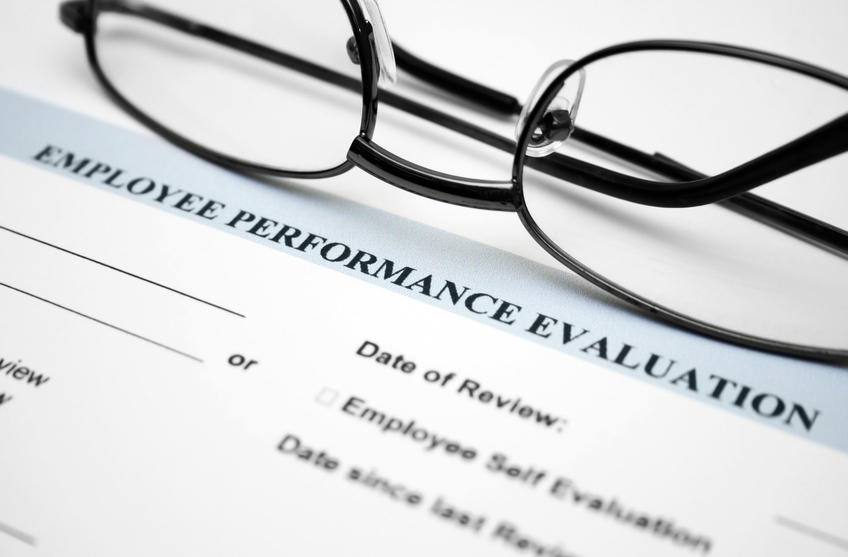The performance appraisal – the annual exercise managers and employees endure, where employees are rated and given grades in critical areas including performance, productivity and attitude.
Wikipedia defines performance appraisals as a systematic and periodic process that assesses an individual employee’s job performance and productivity in relation to certain pre-established criteria and organizational objectives. Other aspects of individual employees are considered as well, such as organizational citizenship behavior, accomplishments, potential for future improvement, strengths and weaknesses, etc. To collect PA data, there are three main methods: objective production, personnel, and judgmental evaluation. Judgmental evaluations are the most commonly used with a large variety of evaluation methods.
As many companies strive to brand themselves as being “innovate” and concentrate on building a reputation of being “a great place to work” to attract top talent, some fail to think of how traditional performance appraisals may prompt more destructive, than constructive conversation.
 Some companies are coming to realize that there are better, and more productive ways to communicate with employees. Performance appraisals are slowly becoming the internal metric of the past, being replaced with a better alternative, the Periodic Planning Conference.
Some companies are coming to realize that there are better, and more productive ways to communicate with employees. Performance appraisals are slowly becoming the internal metric of the past, being replaced with a better alternative, the Periodic Planning Conference.
Through periodic planning conferences, employees and their leaders concentrate on the future, constructively discussing ways the employee can improve his or her performance and productivity, acquire new skills and grow both personally and professionally. Periodic planning conferences focus on future behaviors versus discussing the past, which tends to be a much more positive and motivational conversation. This approach also gives the employee an opportunity to tell his leader how she can help facilitate suggested growth. It’s a two-way conversation vs. a one-way review – which isn’t nearly as productive.
Leaders typically dread writing traditional performance reviews, and employees typically become nervous thinking about them, which creates tension in the leader/employee relationship. With periodic planning conferences, with an emphasis on the word “planning,” employees are much more likely to enter the conference with enthusiasm, and perhaps fresh ideas to present to his or her leader. Employees may also discuss those areas where they need to improve without any prompt from the leader. From the leaders perspective, he can share his perspectives of the employee’s strengths and how they could benefit the company in other areas. By focusing on the future, the conversation can lead into opportunities for growth and promotion where short-term and long-term goals will be established. The key benefit here is that the employee leaves the conversation with a fresh sense of purpose, renewed excitement about opportunities and a plan of action for the next six to twelve months.
The key benefit for the leader is that he is able to identify and tap into what the employee is passionate about and what motivates him. He will surely witness an immediate change or improvement in behavior and performance which will further everyone’s cause, including that of the company.
Now, compare this approach to the scoring system of traditional employee reviews where strengths are highlighted, and weaknesses are also exposed. Such conversations place employees on defense, and they may walk away with a bruised self-esteem.
It’s focusing on the positive. It’s about coming together as a team. And it’s also about moving forward with purpose. There’s a reason you hired the employee you hired. Take advantage of the skills and the potential within each one of them.

